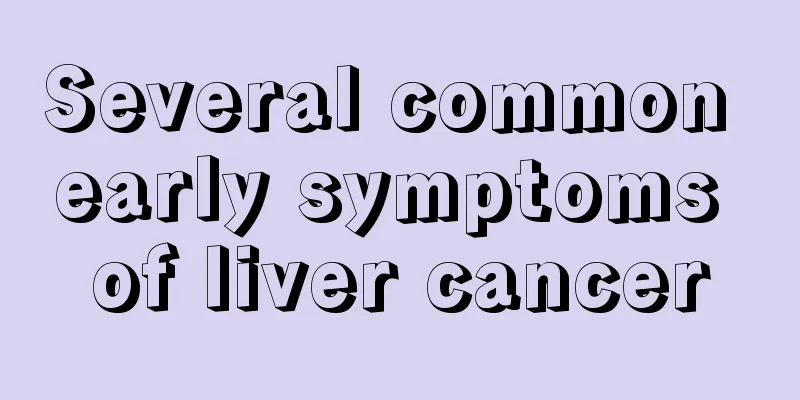What role does enzyme play in the human body

|
The human body is the most amazing thing. Not only does it have a very clear division of labor, but it also has various kinds of workers, and enzymes are one of them. There are more than 3,000 enzymes in the human body, which maintain the body's daily metabolism. There are common digestive enzymes, antioxidant enzymes, alcohol-detoxifying enzymes and so on. There are so many enzymes in the human body, so what are enzymes? What role do enzymes play in our bodies? What is enzyme? Enzyme (also known as enzyme) is a biological catalyst. Living organisms contain thousands of enzymes that control many catalytic processes such as metabolism, nutrition and energy conversion. Most reactions closely related to life processes are enzyme-catalyzed reactions. Promote metabolism, increase energy and improve mood. Promote blood circulation, purify the blood and eliminate toxins. Enhance the digestion and absorption function of the gastrointestinal tract and strengthen physical fitness. Regulate the body's acid-base balance. Detoxifies, protects the liver, and relieves hangovers. Activate cells and promote the regeneration of damaged cells. It is recommended to take enzymes regularly, which can supplement the missing enzymes in the body. Oxidation The first function of enzymes is redox reaction. Oxidation is the process in which a substance combines with oxygen to form an oxide, while reduction is the process in which the oxygen molecules in the oxide disappear and return to the original state. Enzymes are indispensable catalysts in this reaction process. Human breathing and a series of heat generation and metabolism are redox reactions. Decomposition When we chew rice, the starch in the rice will be broken down by the amylase in the saliva and become maltose or dextrin. At the same time, you will feel that the more you chew, the sweeter it tastes. This is the result of the enhanced enzyme decomposition effect. In addition, there are many digestive enzymes in the gastrointestinal tract that help digest and absorb nutrients. They can convert food into water-soluble substances, such as breaking down carbohydrates into monosaccharides, proteins into amino acids, and fats into fatty acids or glycerol, so that they can be absorbed and utilized by the body. Metabolic effects The so-called metabolism is the replacement of old cells with new ones. Human cells have their own life cycle. When cells age and die, they must be renewed. However, the process of decomposing old and necrotic cells and creating new cells is a very huge project. It cannot be accomplished by just a few enzymes. It must be done through the division of labor and cooperation of various enzymes. During the cell manufacturing process, some enzymes are responsible for monitoring the operating status of various enzymes, and the enzyme action covers the entire cell manufacturing process. Thermal effect Due to the action of enzymes, oxidation reactions can be carried out at room temperature to generate heat energy, which can be stored and released in a timely manner according to the needs of the body. The storage and utilization of this heat energy depends entirely on the action of enzymes. Purifying blood Enzymes can break down waste in the blood, keep the blood slightly alkaline, and promote blood circulation. The metabolism of amino acids in the human body will produce harmful substances such as ammonia. When the concentration of ammonia in the blood is too high, it will cause people to fall into a coma. The enzymes in the body can convert ammonia into low-toxic urine and excrete it out of the body. Without the action of such enzymes, the human body will be filled with harmful substances. Antimicrobial defense White blood cells contain several enzymes, which can promote the bacteria-eating function of white blood cells. When acute illness or inflammation occurs, the number of white blood cells will increase rapidly to fight foreign bacteria. The oral cavity, nasal mucosa, and conjunctiva of the eye are all places where bacteria can easily grow. The enzymes in the saliva, nasal discharge, and tears of the human body have the effect of lysing and killing bacteria, making it difficult for people to be infected by bacteria. |
<<: What is the reason for rib depression
>>: What's wrong with sweating so much
Recommend
The harm of ovarian tumors to young women
For diseases like ovarian malignant tumors, we ne...
How to deal with a glass cut on your hand
Glass is very common in our lives, and glass is a...
What are the magical uses of herbal tea
Herbal tea is quite popular in our traditional Ch...
What are the early symptoms of spinal cord disease
Some friends don’t know much about spinal cord di...
Is it serious to have a tumor behind the ear
We all know that ears are one of the most importa...
Why does acute pneumonia occur?
With the combination of traditional Chinese and W...
Patients should promptly understand the treatment principles of cardiac cancer
As a common disease, cardia cancer will have a ce...
What are the symptoms of advanced liver cancer? Four principles should be followed in the treatment of advanced liver cancer
Liver cancer is one of the more common malignant ...
Does a pregnant woman with teratoma have any impact on the fetus?
Does a pregnant woman with a teratoma have any ef...
Redness, swelling and pain in the upper jaw
Today we are going to talk about redness, swellin...
There is a dark shadow in the right eye
We all know that eyes are our main way to observe...
Can early lung cancer be detected by CT?
For example, the diagnosis of lung cancer should ...
The effect of heparin sodium injection
The effect of sodium heparin injection is relativ...
The service life of porcelain teeth
Currently, porcelain teeth have become very popul...
How to exercise in the early stage of esophageal cancer
At present, the cause of esophageal cancer is not...









